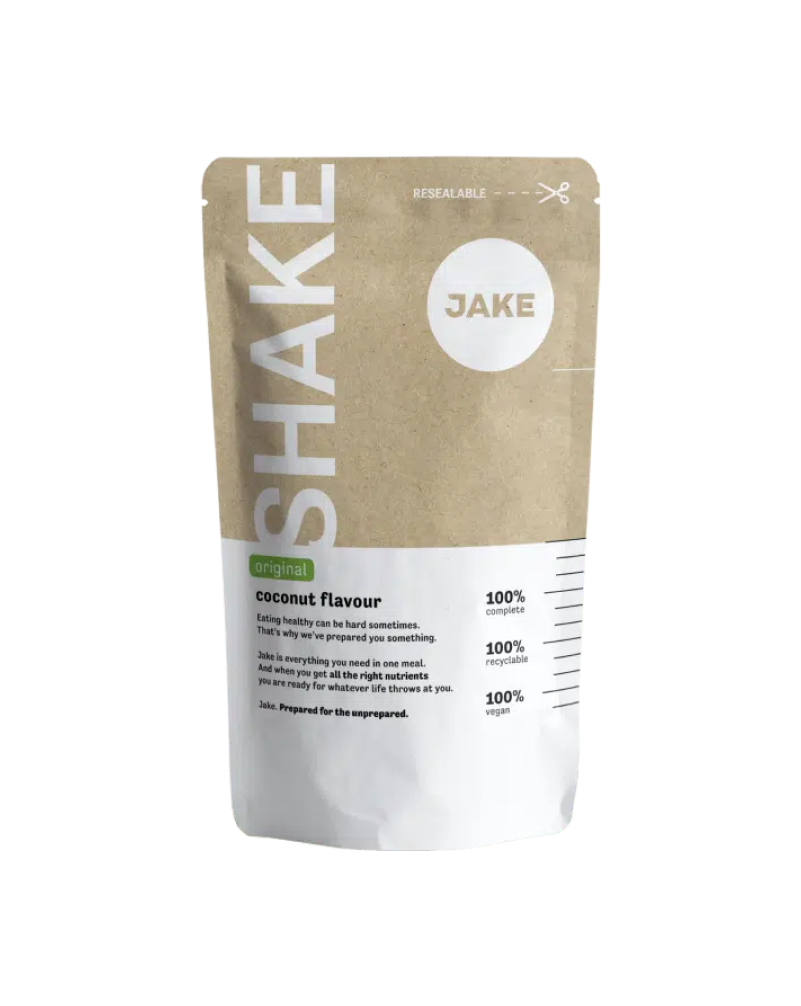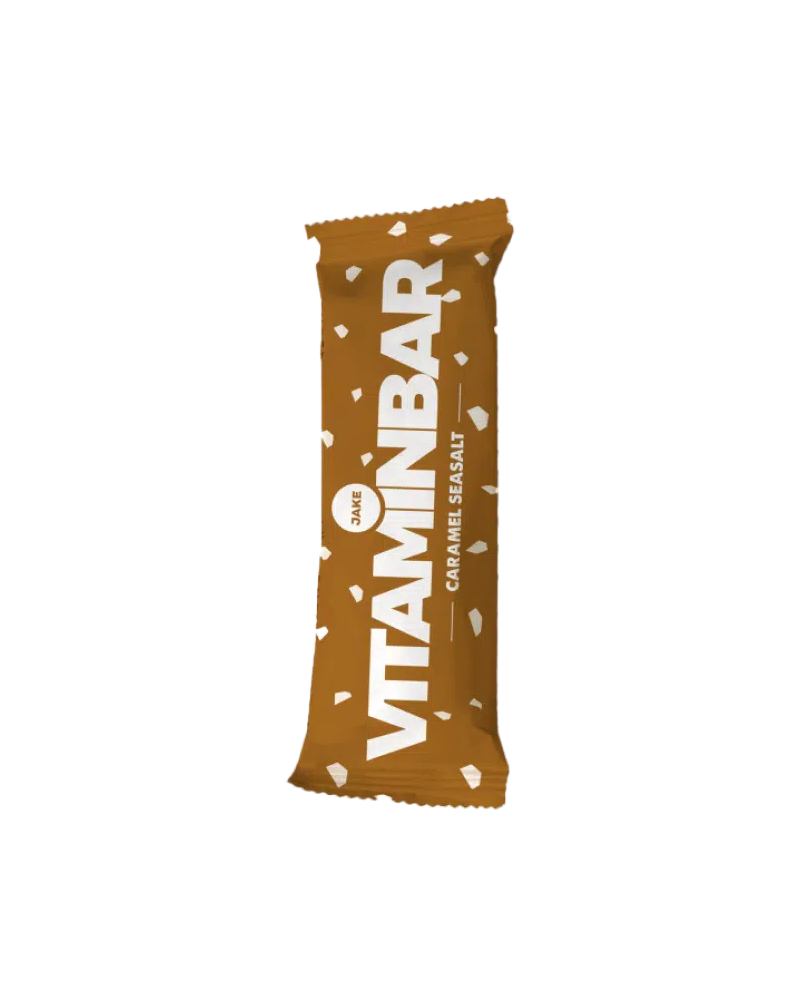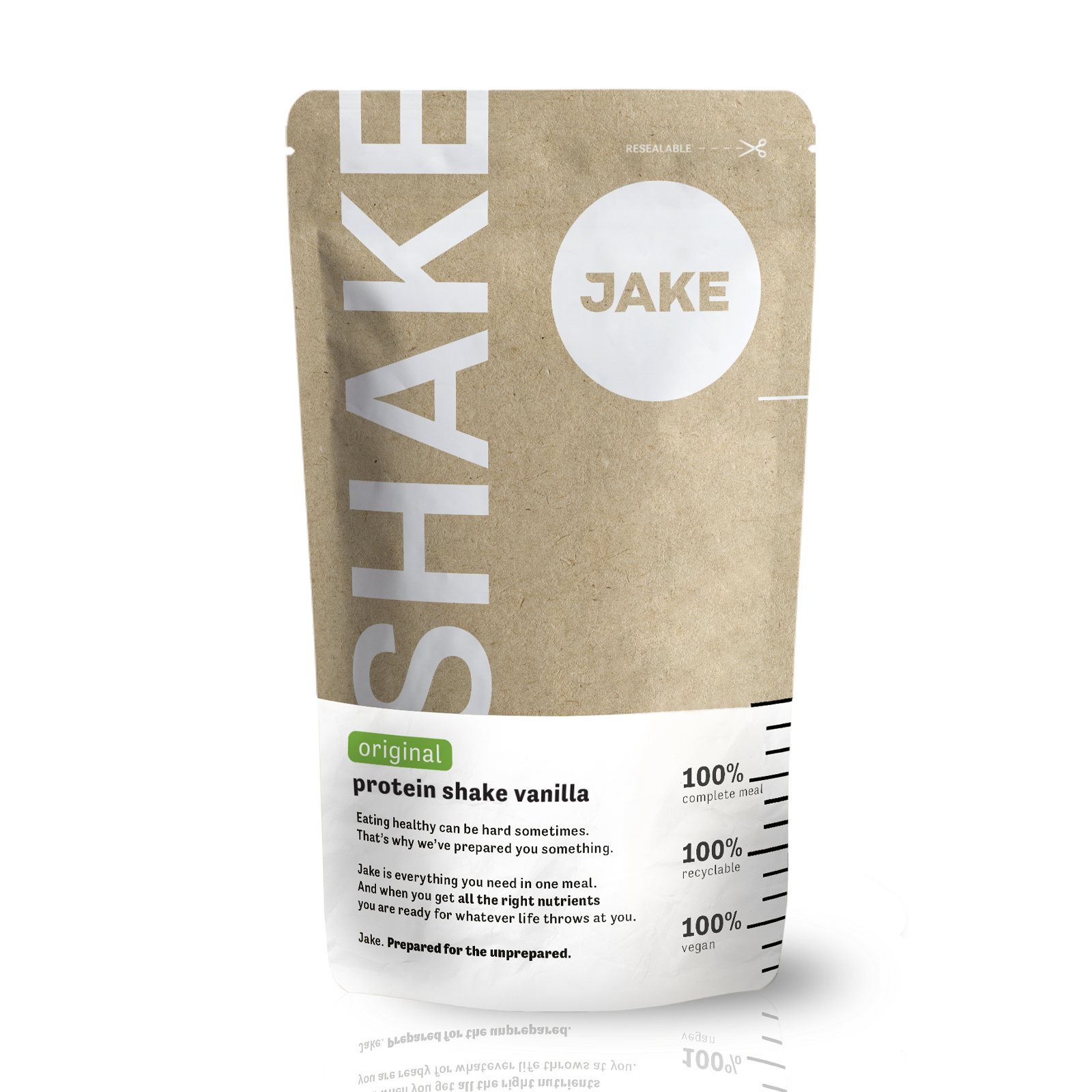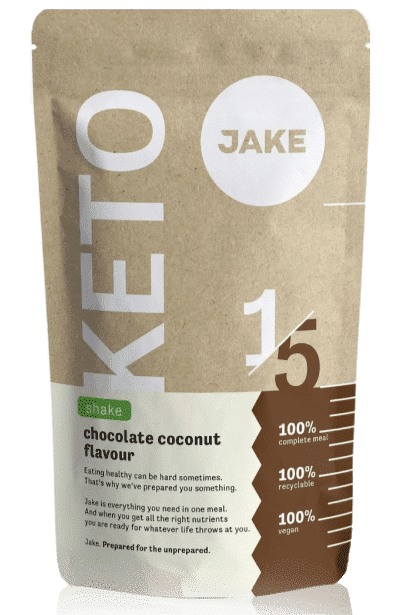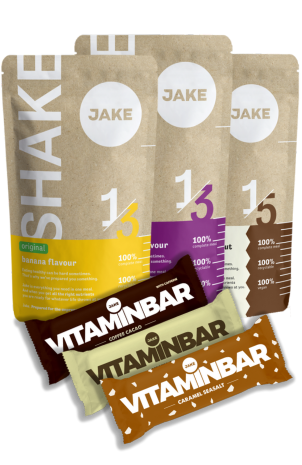THE IMPORTANCE OF DIETARY FIBER
In this blog you will find out why eating fiber is so incredibly important for you. For starters, a generous intake of fiber reduces the risk of: coronary heart disease, heart attack, high blood pressure, diabetes, obesity and digestive organ disorders. A high fiber intake improves serum lipid levels & blood glucose, lowers blood pressure and even improves immune system function.
What are Dietary Fibers? Dietary fibers are components of the plant, also known as the cell walls, they provide the firmness for the plant. Fiber is not digestible by the stomach, but is fermented in the large intestine by our microbacteria.
Cardiovascular Diseases
Cardiovascular diseases are classified as cardiovascular diseases and affect more than 80 million people. A high dietary fiber intake has been associated with significantly lower rates of disease for: coronary heart disease, stroke, and peripheral vascular (vasoconstrictor) disease. Risk factors for hypertension, diabetes and obesity are also reduced. There are even recent studies that claim a reduction of 17-35% in the mentioned conditions, if you add 10 g of dietary fiber to your diet. Furthermore, fiber has a reduced effect on cardiovascular disease because it decreases pro-inflammatory cytokines, which has an effect on plaque stability.

Overweight
Nearly 66% of Americans (in 2010) are overweight or obese. This in turn entails all kinds of health risks such as: diabetes, cardiovascular disease and various types of cancer. There are several reasons why dietary fiber contributes to a reduction in body weight and thus obesity. Increasing the consumption of fiber can reduce energy intake by diluting the diet and therefore the availability of energy, but this is not at the expense of important nutrients. Fibers that are fermented in the large intestine form glucagon-like peptide-1 (GLP-1) and peptide YY (PYY) as a by-product. These are 2 intestinal hormones that provide a feeling of satiety, so you will be less inclined to that one unhealthy snack. Which significantly reduces your energy intake. Dietary fibers can also have an effect on fat oxidation and fat storage.
Diabetes
Type 2 diabetes has increased exponentially in recent years, 61% from 1990 to 2014. This may be because unhealthy eating is becoming increasingly easy for us. Weickert and Pfeifer discovered in 2008 that a higher intake of (cereal) fiber significantly improved the breakdown of glucose (in the body), which has a positive effect on insulin sensitivity in the body.
Gastrointestinal tract
Fiber affects the entire digestive tract, from the mouth to the exit. In the small intestine, fiber provides a wide variety of gastrointestinal (stomach gut) hormones that function as incretins to increase insulin release and affect appetite. In the large intestine, the fermentable fibers increase the (benign) bacterial mass, which also function as prebiotics and provide many health benefits. The consumption of beta glucans (complex fibers) and other fibers bring various healthy physiological effects. Beta glucans lower blood glucose, insulin responses and cholesterol levels. Research has shown that high intake levels of fiber (compared to low levels) may be linked to a reduction in these common conditions: esophageal cancer, stomach cancer, stomach ulcers, gallbladder disease, constipation and hemorrhoids.
Cancer
Fiber affects the entire digestive tract, from the mouth to the exit. In the small intestine, fiber provides a wide variety of gastrointestinal (stomach gut) hormones that function as incretins to increase insulin release and affect appetite. In the large intestine, the fermentable fibers increase the (benign) bacterial mass, which also function as prebiotics and provide many health benefits. The consumption of beta glucans (complex fibers) and other fibers bring various healthy physiological effects. Beta glucans lower blood glucose, insulin responses and cholesterol levels. Research has shown that high intake levels of fiber (compared to low levels) may be linked to a reduction in these common conditions: esophageal cancer, stomach cancer, stomach ulcers, gallbladder disease, constipation and hemorrhoids.
Immune system
Inulin (water soluble fiber) and oligofructose stimulate the growth of bifidobacteria in the large intestine. Those bacteria produce short-chain fatty acids and promote the immune system. Other types of fibers are also fermented, which also ensures the formation of the short-chain fatty acids. The health benefits of bifidobacteria are:
- Protection against intestinal infections
- Reduction in the number of (possibly) harmful bacteria
- Production of vitamins and antioxidants
- Aids in digestion and absorption (especially of calcium)
- Stimulation of the immune response
Mineral availability
The fermentable fibers lead to a better metabolic absorption of certain minerals, such as: calcium, magnesium and iron. They also provide the fermentable fibers for an increase in absorption in the large intestine. Recent research shows that inulin stimulates the pathway of calcium absorption in the large intestine.
Recommended fiber intake
The recommended intake is: 14g per 1000 kcal according to the ‘Dietary Guidelines for Americans’ (2005). For men it is 36g per day and for women it is 28g per day. The recommendation is bound to: age, gender and calorie intake. According to the Superior Health Council (of Belgium), it is recommended to consume 30 g of fiber per day (2).
In the overview below you can see how much fiber is in each product and each flavor:
| Variant: | Flavor: | Fiber content (in grams per portion): |
| Light shake | Oaty
Banana Vanilla Coffee Coconut Chocolate |
10.1
11.9 11.0 12.6 12.1 12.4 |
| Original shake | Oaty
Banana Vanilla Coffee Coconut Chocolate |
12.4
13.4 13.5 17.2 13.5 17.2 |
| Sport shake | Oaty
Banana Vanilla Coffee Coconut Chocolate |
11,4
12,6 12,4 13,6 12,8 16,7 |
| Ready 2 drink | Vanilla | 17 |
| Keto shake | Chocolate Coconut | 11 |
| Vitaminbar | Forest
Coffee cocoa Banana Vanilla Caramel Sea salt |
8
8 7,6 7 ,6 7,6 |
For comparison: a (medium-sized) banana contains 2.6 g of fiber, as does an apple and a slice of wholemeal bread 2.3 g (1). Thanks to the high fiber content in all of Jake’s products, you are well on your way to reaching the recommended amount of 30-35 g per day.

